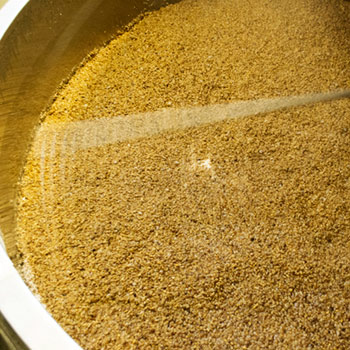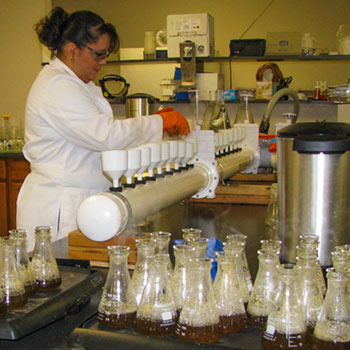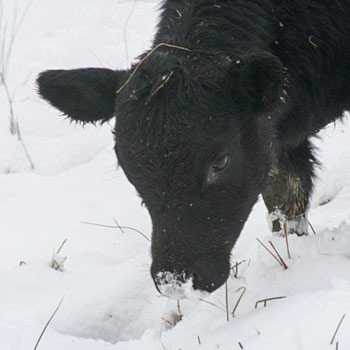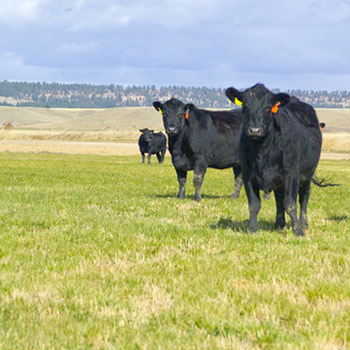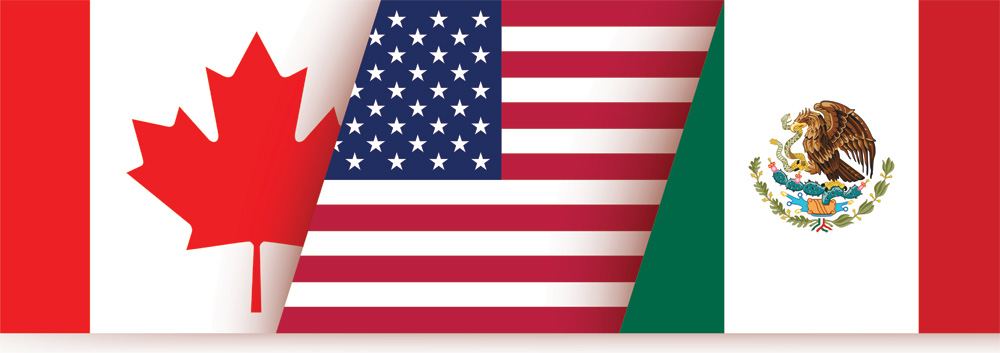
USMCA Passes House
Industry reactions to USMCA passing the House.
The House of Representatives passed the U.S.-Mexico-Canada Agreement (USMCA) by a bipartisan vote of 385-41 Dec. 19.
The USMCA aims to advance U.S. agricultural interests in two of the most important markets for American farmers, ranchers and agribusinesses. This agreement builds upon existing markets to expand U.S. food and agricultural exports and support food processing and rural jobs.
Canada and Mexico are our first- and second-largest export markets for U.S. food and agricultural products, totaling more than $39.7 billion food and agricultural exports in 2018. These exports support more than 325,000 American jobs.
All food and agricultural products that have zero tariffs under the North American Free Trade Agreement (NAFTA) will remain at zero tariffs. Since the original NAFTA did not eliminate all tariffs on agricultural trade between the United States and Canada, the USMCA will create new market access opportunities for United States exports to Canada of dairy, poultry and eggs, and in exchange the United States will provide new access to Canada for some dairy, peanut, and a limited amount of sugar and sugar-containing products.
“I’ve long said that support for USMCA crosses political parties, the bipartisan passage of the agreement today is proof of that. I am pleased the House finally brought this agreement to a vote and encourage quick passage in the Senate,” said U.S. Secretary of Agriculture Sonny Perdue upon its passage. “President Trump delivered on his promise to replace NAFTA, and USMCA is a huge success for America’s farmers and ranchers. This agreement will unleash the bounty of America’s agricultural harvest to two of our largest trading partners in the world, and it is critical to the success of rural America.”
National Cattlemen’s Beef Association (NCBA) President Jennifer Houston said: “[This] was a crucial win for all U.S. beef producers and a reassurance that U.S. beef will continue to have duty-free access to Canada and Mexico. A big thank you goes to the Trump administration and every lawmaker who voted to approve USMCA. Of course, there is still more work left to do, so I urge the Senate to swiftly pass the USMCA and send it to the president's desk.”
Kevin Ross, National Corn Growers Association president, responded: “Corn farmers have been working toward this vote for nearly a year, sending emails, having meetings and making phone calls to their representatives in support of USMCA. All of agriculture should be incredibly proud to see these efforts pay off with such a strong, bipartisan vote. We wouldn’t be at this stage in the ratification process without the hard work of individual farmers across the country. Ratifying USMCA has been NCGA’s top legislative priority, because Mexico and Canada are the U.S. corn industry’s largest, most reliable markets.”
Others disappointed
United States Cattlemen’s Association (USCA) Director Emeritus Leo McDonnell sent a letter to the president, agriculture committee leaders in both congressional chambers and the House Ways and Means Subcommittee on Trade expressing disappointment at the exclusion of a country-of-origin labeling (COOL) provision in the USMCA. McDonnell provided clarification for policy-makers as USMCA approaches approval in the U.S. Senate and by the president and rebutted information provided by proponents of the trade agreement that misrepresent the impact of the NAFTA on the U.S. cattle industry.
“Industry analysts most often use a formula that a 1% change in supply impacts price 1.5% to 2%. Using that basis, just the increase in the trade deficit in cattle and beef with Canada and Mexico of over 4% has impacted prices 6% to 8%, and this is an industry that operates on very narrow margins that have historically had problems maintaining a 3% to 4% return on investment. This is further compounded by what the USITC (U.S. International Trade Commission) chairman in 1999 stated in her report, ‘packers can and do use imports to suppress domestic prices’ and the Republican commissioners on the U.S. Senate Trade Deficit Commission Report in 2000, ‘Easy availability of imports can limit price increases either by expanding available supply or reducing the ability of businesses to raise prices in order to pass on increases in their costs.’ ”
“The failure to include meaningful country of origin labeling for beef in USMCA is disheartening at best. During the few years that COOL for beef was in effect, U.S. ranchers experienced one of the greatest cattle markets in history because consumers and retailers were given choices and U.S. ranchers were allowed to compete on a more level playing field by identifying their product for consumers. Certainly, without COOL how can one have a level playing field or even expect to compete?” McDonnell said.
McDonnell’s whole letter can be read at http://bit.ly/USCAletter.
The Ranchers-Cattlemen Legal Action Fund, United Stockgrowers of America (R-CALF USA) expressed disappointment that USMCA does not require beef derived from Mexican or Canadian cattle to bear a label of origin at retail sale in our domestic marketplace. The organization released a statement saying:
“We are extremely disappointed but not at all surprised that it is business as usual in the House of Representatives. They continue to support the financial self-interests of multinational corporations while harming American consumers and independent cattle producers.
“The longer Congress and the president stall to reinstate mandatory COOL for beef, more and more of America’s largest segment of agriculture, the U.S. cattle industry along with economic opportunities for independent cattle producers, will be transferred to other countries; thus depriving rural America of its economic benefits.”
Editor’s note: This article is compiled from releases from the USDA, NCBA, NCGA, USCA and R-CALF USA.

